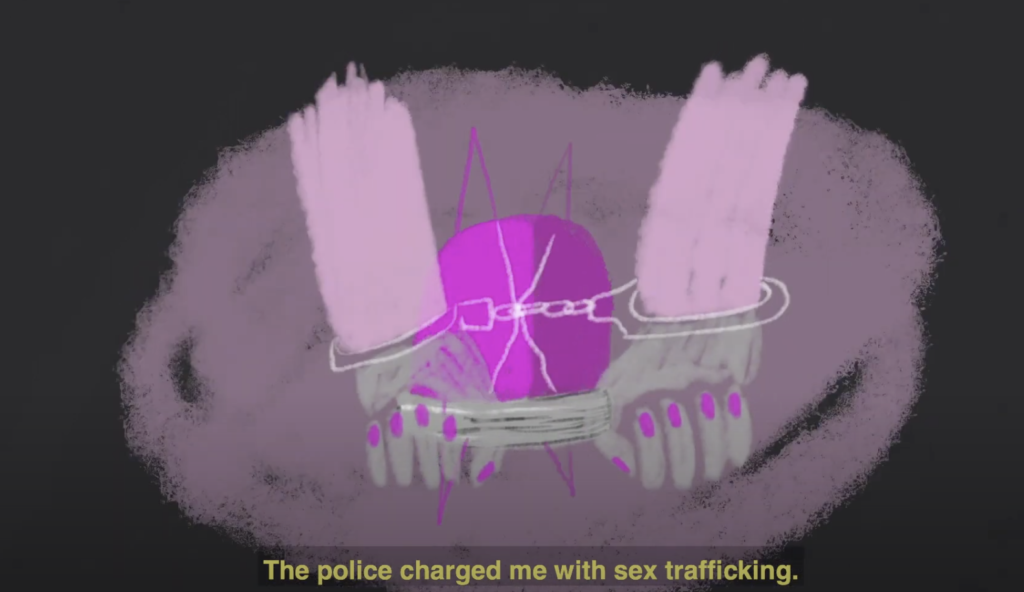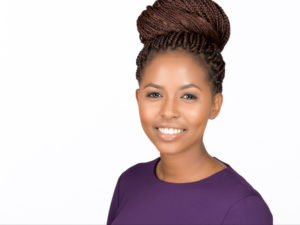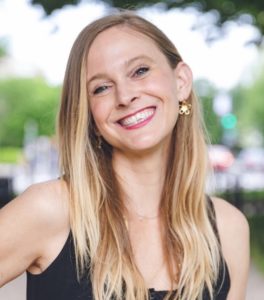By Andrea Powell, Co-Founder and Executive Director, Karana Rising.
Chrystul Kizer, a child sex trafficking victim, sentenced to life in prison in Wisconsin, is one step closer to freedom. The new Wisconsin appellate court ruling allowing Chrystul to assert her innocence is called affirmative defense. It should be a part of a national shift toward ensuring survivors are truly protected from the injustices of arrest and incarceration.
Chrystul Kizer’s case is symbolic of the criminal justice and child welfare system failures that lead to survivor incarceration rather than the help and justice they deserve. Survivors across the country are suffering in jail, and in some cases even facing the possible death penalty or life without parole. One such survivor is Tiffany Simpson.

In 2012, Tiffany, a survivor of child sex trafficking was sentenced to 30 years in jail in Georgia. As the co-founder of Karana Rising, I have worked with more than 2000 survivors and also helped establish court programs for child and adult survivors of human trafficking and sexual exploitation. More than half of survivors I have supported were arrested prior to being identified as survivors of human trafficking.
In her letter, she asked me, “Am I a victim of human trafficking or a prostitute?” That was ten months after being sentenced to prison after being trafficked, assaulted, stabbed, and coerced by her trafficker to aid him in trafficking another teen girl. In Tiffany’s sentencing, her court-appointed attorney did not assert she was a victim of trafficking and instead referred to her as “damaged goods.” As the judge remarked that she was shacking up with a pimp, he added another ten years to her prison sentence. Tiffany is now in the 9th year of her incarceration, and we are seeking her freedom.
In Wisconsin, where Chrystul was arrested, an affirmative defense for trafficking survivors includes crimes ranging from trespassing to murder. Unfortunately, this expansive interpretation of affirmative defense is only in place in a handful of states. Most states maintain that violent offenses, such as murdering a man who intends to rape you — should not be covered. This is despite the fact that trafficking itself is a violent offense, one often avoidable since survivors should be protected in the first place. Sadly, Georgia’s affirmative defense law would not have protected Tiffany.
The way affirmative defense works is to effectively take the burden of proof from survivors and directly shift it to the state to prove that a survivor had the free will — the opposite of what a trafficking situation entails — to commit that crime. This is critical because many survivors, when first being arrested, do not even know they are victims of trafficking. Thus, we must begin to train criminal defense attorneys to see signs of trafficking. In addition, many survivors are represented by court-appointed attorneys who are required to take continuing education courses. One such course could be how to identify and defend human trafficking survivors so that they can best assert the affirmative defense.
“What if my trafficker had been arrested for trafficking me instead of me being arrested after he forced me to recruit another girl. I know what it is like when no one believes you. I know the fear and abuse. I know how you get tired of being raped, and no one comes to help you. So I stand with Chrystul,” shares Tiffany Simpson, a child sex trafficking survivor writing from Pulaski State Prison in Hawkensville, Georgia.
With the release of Cyntoia Brown in 2019 and Alexis Martin in 2020, there is a national movement to view survivors who commit crimes as victims, not criminals. This is more than restorative justice; it recognizes that these survivors are also victims of the American legal and social welfare system that long overlooked and left them behind.
In Tiffany’s case, her dad was sent to prison for life when she was 6, and at 13, the courts sent her to live with her grandmother. Soon, she was missing school, and at 17, she met her then 34-year-old violent trafficker. The child welfare system, the courts, and the schools all failed to see of deliberately ignored Tiffany’s plight. This pattern continued with law enforcement, who did not see her as a victim when they arrived and found her eight months pregnant and assaulted by a 34-year-old known sexual abuser. The criminal justice system should not be where survivors are identified; however, it often is and will, unfortunately, continue to be.
Many survivors, including Chrystul and Tiffany, never see justice for their own trafficking, either. Tiffany’s trafficker sold her to countless men. This includes, as alleged by Tiffany, law enforcement. In Chrystul’s case, her alleged trafficker was released after being found in possession of an extensive child pornography collection with a proclivity for young black girls. An effectively asserted affirmative defense will also better ensure that the crimes committed to survivors are also investigated so that they are offered justice, not punishment.
“My petition for freedom has more than 4500 signatures but I still feel so trapped behind these walls,” says Tiffany from behind jail walls.
Finally, many survivors, like Tiffany, are held by invisible bars even if they are released. As it stands, should Tiffany be released, she would not be allowed to live with her 10-year-old son, who is currently living with her pimp’s mother. Further, where she lives and works is also severely restricted. Unfortunately, these debilitating restrictions are often part of what leads survivors right back into the hands of traffickers who see their vulnerability.
Locking up survivors of trafficking is not some unavoidable tragedy of the justice system; the tragedy is if we know how to protect survivors from this injustice and simply choose not to.



